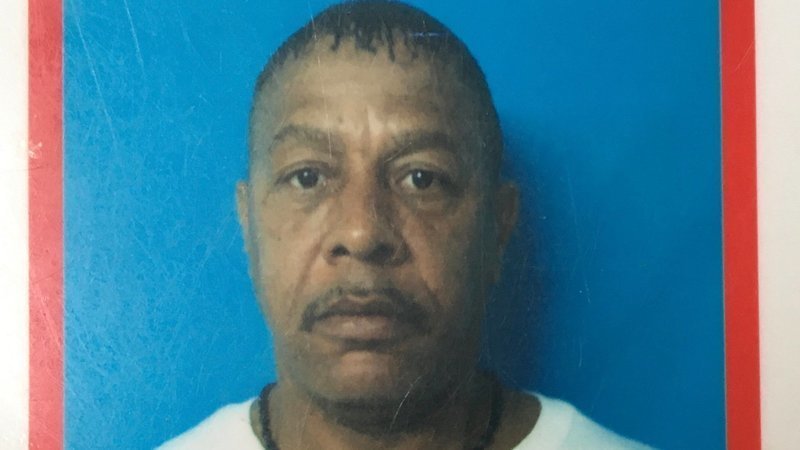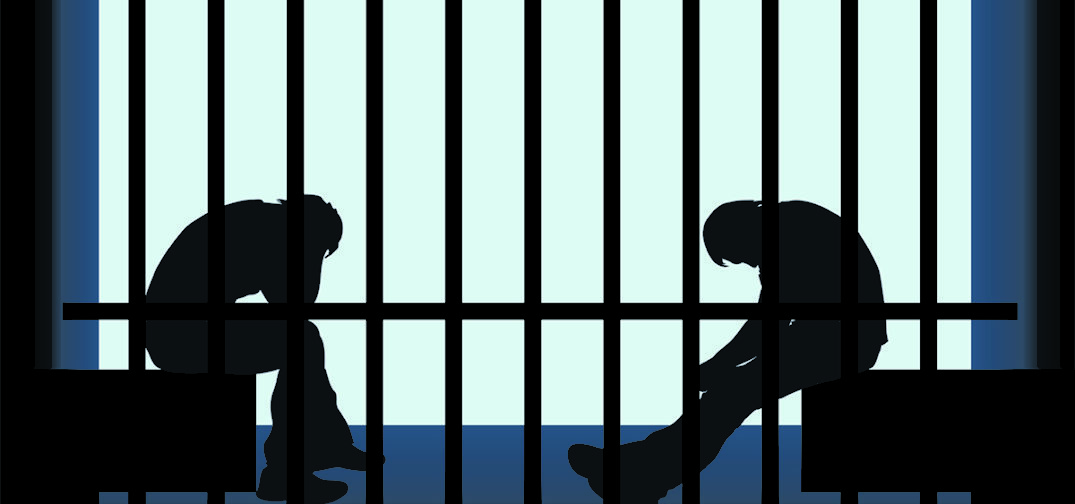Cannabis prisoners in the U.S. — whether they are pre-trial or serving a life sentence — have had their punishments de-facto upgraded to potential death sentences in the wake of COVID-19, which has swept rapidly through penitentiaries around the country.
Advocates have repeatedly called for the release of at-risk individuals and nonviolent drug offenders over the past month in light of the coronavirus pandemic and the unique threat it poses to prisoners who, due to the overcrowded state of U.S. prisons, are incapable of practicing social distancing and, in many cases, even maintaining sanitary conditions and personal hygiene.
In total there are more than 40,000 prisoners still locked up for nonviolent cannabis-related infractions, with hundreds of thousands more imprisoned for other nonviolent drug charges. These stories highlight just some of the prisoners who remain locked up despite the country’s political and cultural shift with regard to cannabis.
Facing death over a dub-sack
Fate Winslow, 52, is serving a life sentence without parole at the famously-overcrowded Lousiana State Penitentiary in Angola, the site of a former slave plantation and, now, the country’s largest prison.
Winslow, who is black, was convicted in 2008 after he was caught selling $20 worth of cannabis to an undercover police officer. His case also represents the intense racial disparities present in the U.S. criminal justice system — he was sentenced to spend his life in prison based on votes by 10 white jurors; only two jurors, both black, voted not to convict. Just last week, the Supreme Court banned non-unanimous jury convictions for serious crimes, due to concerns about racial prejudice in the justice system. Following Winslow’s conviction, prior nonviolent offenses on his record bumped him up to a mandatory life sentence with no chance for parole.

Today, Winslow faces a new threat: COVID-19.
“We are still packed in like sardines,” Winslow told The Appeal several weeks ago, shortly after the pandemic started dictating the mainstream news cycle. “The prison doesn’t supply anything for us. No sanitizer, no masks, no hand soap, nothing.”
Winslow said there had been an intense sickness that swept the prison and spooked the guards, who started wearing masks while on duty.
“We aren’t sure what it was, but I thought I was going to die. I felt so bad when I had it,” he said. “Just last night, an inmate was taken out by an ambulance team. I’m not sure what was wrong with him, but the guards refused to come inside the dorm to punch the time clock until he was taken out of the dorm.”
Imprisoned licensee
Skylar Walker, a former multi-state cannabis licensee who is now serving a five-year prison sentence in Florida, was arrested in Texas for illegally transporting cannabis that had been legally grown in California. Before his imprisonment, the Walker family business, Pharm Aide Pharms, was licensed in California, Colorado, and Oklahoma.
Skylar Walker of Pharm Aide Pharms was sentenced to five years in prison for moving cannabis that was legally grown in California through Texas. He is now housed at a Federal Prison Camp in Florida and his life is in danger due to the coronavirus pandemic. pic.twitter.com/pa8rY6mh8W
— The Last Prisoner Project (@lastprisonerprj) April 24, 2020
Skylar’s father Wade Walker said his son did something “that he shouldn’t have done” but that prosecutors ultimately gave him “a sentence that was just crazy in this day and time,” Edibles Magazine reports.
“There was definitely time to be done, but it should’ve been around 24 months,” Walker said. Prosecutors, however, were able to use Walker’s involvement in various state-legal cannabis markets as evidence of “relevant conduct” and increased his prison sentence.
Today, Walker is serving his sentence in a Florida prison and spends his days confined to a small dorm room with 11 other men. Most of the inmates around him are also imprisoned on nonviolent drug charges.
16 years for running a dispensary
Heavy-handed punishment for legal cannabis industry operators is nothing new. Just last year, Michigan cannabis dispensary operator Danny Trevino was arrested and sentenced to nearly 16 years in federal prison for his conduct in the medical cannabis industry.
Before his imprisonment, Trevino ran the Hydroworld dispensaries in Lansing, Grand Rapids, Jackson, Flint, and Mount Pleasant. According to prosecutors, however, Trevino was doing so illegally because drug-related charges on his criminal record should have prevented him from entering the medical cannabis space.
On Tuesday, a judge sentenced Danny Trevino to 16 YEARS in federal prison for operating a medical marijuana facility in Michigan, where recreational sales are now legal. To learn more about the case go to @lastprisonerprj @GovWhitmer pic.twitter.com/i8AJbRg4Ez
— stevedeangelo (@stevedeangelo) February 2, 2020
Trevino’s attorney said, “He thought he was legal,” but the entrepreneur was ultimately convicted of 10 federal felony charges and given a 15 years and 6 months sentence. Some legal experts have suggested that the sentence was “on the very lower end” considering that he faced federal charges, but 15+ years for growing a plant in a state where it has been legalized for medical use is the definition of cruel and unusual punishment.
Additionally, Trevino and his family believe that he was “selectively prosecuted” for being Mexican, MLive reported.
COVID is claiming prisoners already
It’s important to reiterate that COVID-19 is not a looming or potential threat — innocent people are dying now, today, as a result of our gross over-incarceration and the inhumane criminalization of drug users.
The first federal prisoner to die from coronavirus was Patrick Jones, a nonviolent drug offender who passed away in March only 13 years into his 27-year sentence. Since Jones’ death, at least 29 other inmates in the federal system have died.
This week, officials announced the first female federal prisoner to fall victim to the virus: Andrea Circle Bear, a South Dakota Native American woman who was pregnant when she was admitted to prison in March, died from coronavirus complications this week. She had been sentenced to 26 months in prison for “maintaining a drug-involved premises,” NBC News reports.
Circle Bear’s baby was born via C-section before she passed, though the baby’s condition was not immediately clear. However, as a result of our nation’s callous and inhumane treatment of drug users — sentencing them to prison rather than providing the treatment they need — her child will be forced to grow up without a mother.
Ending the cruelty
The cannabis industry strives to present itself as a progressive and loving community, but it’s time to step up or shut up. Those who would argue that cannabis is apolitical or “just like any other industry” are ignoring the severe injustice faced by drug war prisoners in the age of the coronavirus pandemic. Anyone who is profiting from cannabis or the culture of this movement owes a debt to those who made the current reality of legalization possible with their civil disobedience.
Want to help? The Last Prisoner Project has published a variety of resources for those who want to take action, including a petition that has received over 17000 signatures since its launch, and a relief fund which has raised over $40,000 to help incarcerated people directly with assistance to fund phone calls, medical care, commissary funds, and legal fees. Licensed cannabis retailers can also join the LPP’s “Roll it Up for Freedom” change donation program. If you are unable to donate, please contact your local officials and pressure them to make the right decision and release cannabis and nonviolent prisoners before more lives are lost.
Get daily cannabis business news updates. Subscribe
End
